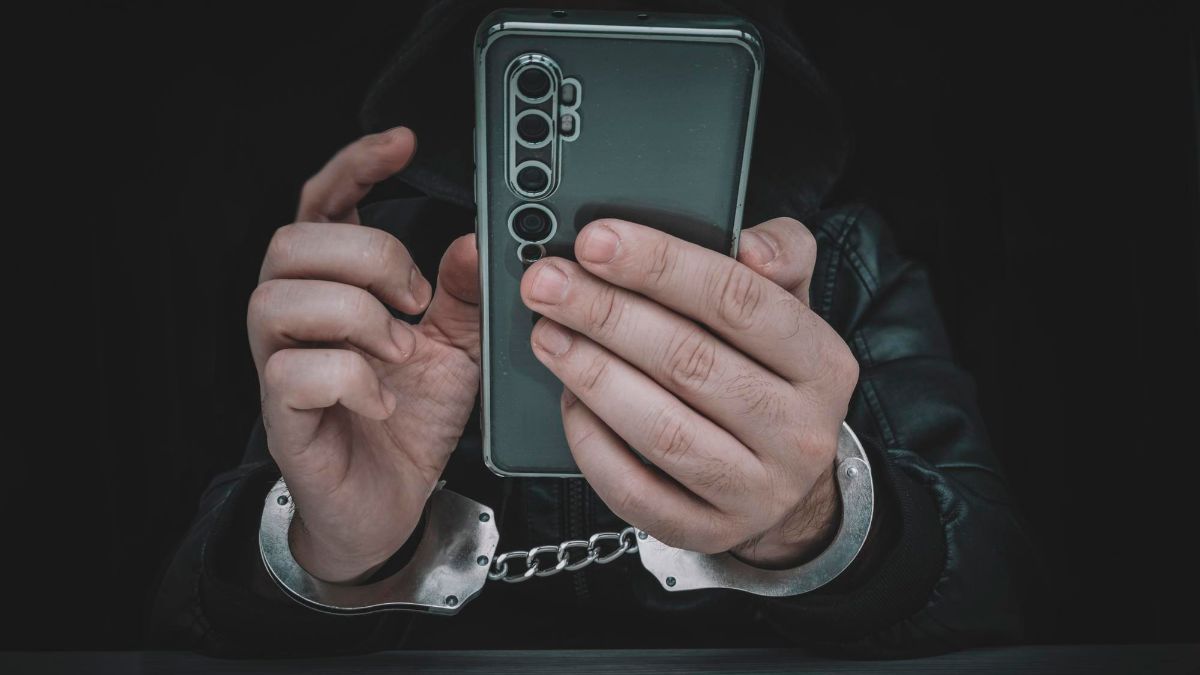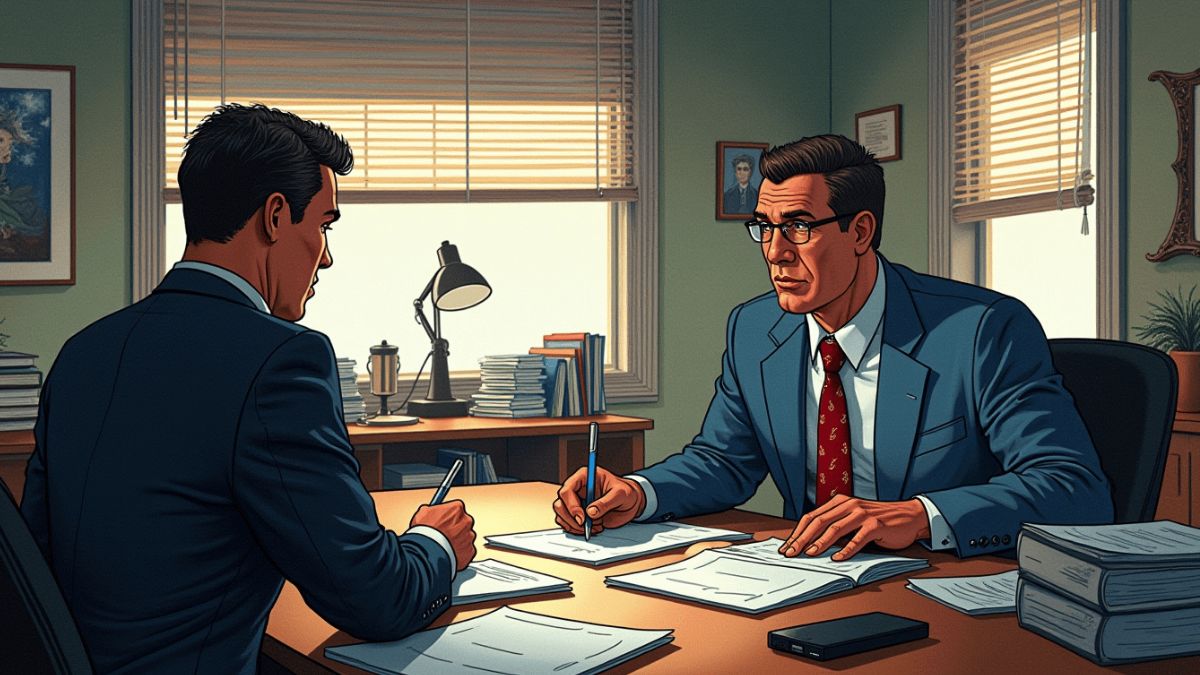
If you know someone who has been incarcerated for any length of time, and you’re wondering what kind of access they have to the Internet, and to educational materials, this article should be very informative. You can check on the specific status of your friend in prison by using the lookupinmate tool on the Internet, and that will greatly simplify the task of finding out anything about their situation while imprisoned.
If you or anyone you know does become imprisoned, you’ll want to know just what kinds of rights you have in terms of accessing information. This information can be very important in rebuilding your life and preparing you for gainful employment after your release. Keep reading below to learn all about access to information while being imprisoned.
Access to Education and Information in Prison
Many countries of the world have adopted the position that accessing the Internet is a basic human right, and that means it should be made available without regard to a person’s status, i.e., whether free or incarcerated. A formal council in Europe has declared that the Internet provides public service value to all citizens, and people everywhere have a legitimate right to access it to obtain information that might only be available on the Internet and nowhere else.
Any limitations on this basic human right cannot be imposed on an arbitrary basis but must instead have some legitimate goal in mind. The United Nations in 2011 fundamentally concurred with this position, stating that any other approach would perpetuate a ‘digital divide’, drawing a line between an elite class with Internet access, and a disadvantaged class (such as inmates) that lacked the same access.
The Digital Divide
This term was coined by the 2011 Human Rights Council, and it refers to the disconnect between privileged people with Internet access and those who had either no access or very limited access. Without the ability to use the Internet, a fundamental human right to information is denied, and prevents detainees from having the same rights as others. Another important aspect of this same question is the fact that access to the Internet provides a major educational opportunity for inmates.
Given that one of the goals of incarceration is to rehabilitate wrongdoers and set them on a better path, it would seem that having access to educational materials on the Internet would be a huge priority.
Vulnerability and Social Disability
The issue of vulnerability refers to groups of individuals who are inherently disadvantaged with regard to the Internet and educational access, among them women, people with disabilities, and those who are incarcerated. Social disability is a related concept considered by Human Rights authorities, who understand that not all classes of people have equal access because of their specific circumstances.
Prison detainees have been discriminated against in the past since they all fell into the category of vulnerable, socially disabled individuals who were on the wrong side of the great digital divide. Human Rights advocates assert that prisoners should be able to expect to have a community life mirroring that of society at large in most respects, other than the complete freedom enjoyed by most citizens.
Will you have access in prison?
At present, there is no firm obligation for prisons to allow Internet access to inmates, despite the fact that the judicial system considers them vulnerable and socially disabled. Several court cases regarding access to the Internet have been reviewed and decisions have been rendered, but none of these has had a direct impact on granting or denying Internet access per se. Instead, most of the cases thus far have involved situations where inmates had at least partial access but were denied access to specific websites.
When these websites involved educational material, particularly legal information, the courts generally ruled in favor of the inmate, declaring that this educational material was only available on that specific website, and that inmates should have the desired access. All of this has tended toward a bottom line in which prisoners do have a right to Internet information and education, but that right can be allowed or denied on a case-by-case basis for each institution.
There are definitely grounds to dispute denial of access, particularly if it involves access to legal information and education, but there is no universal law which grants access to prisoners. That means that if you should ever be imprisoned for some reason, your access to the Internet will likely be part of the institutional policy where you are being incarcerated.




